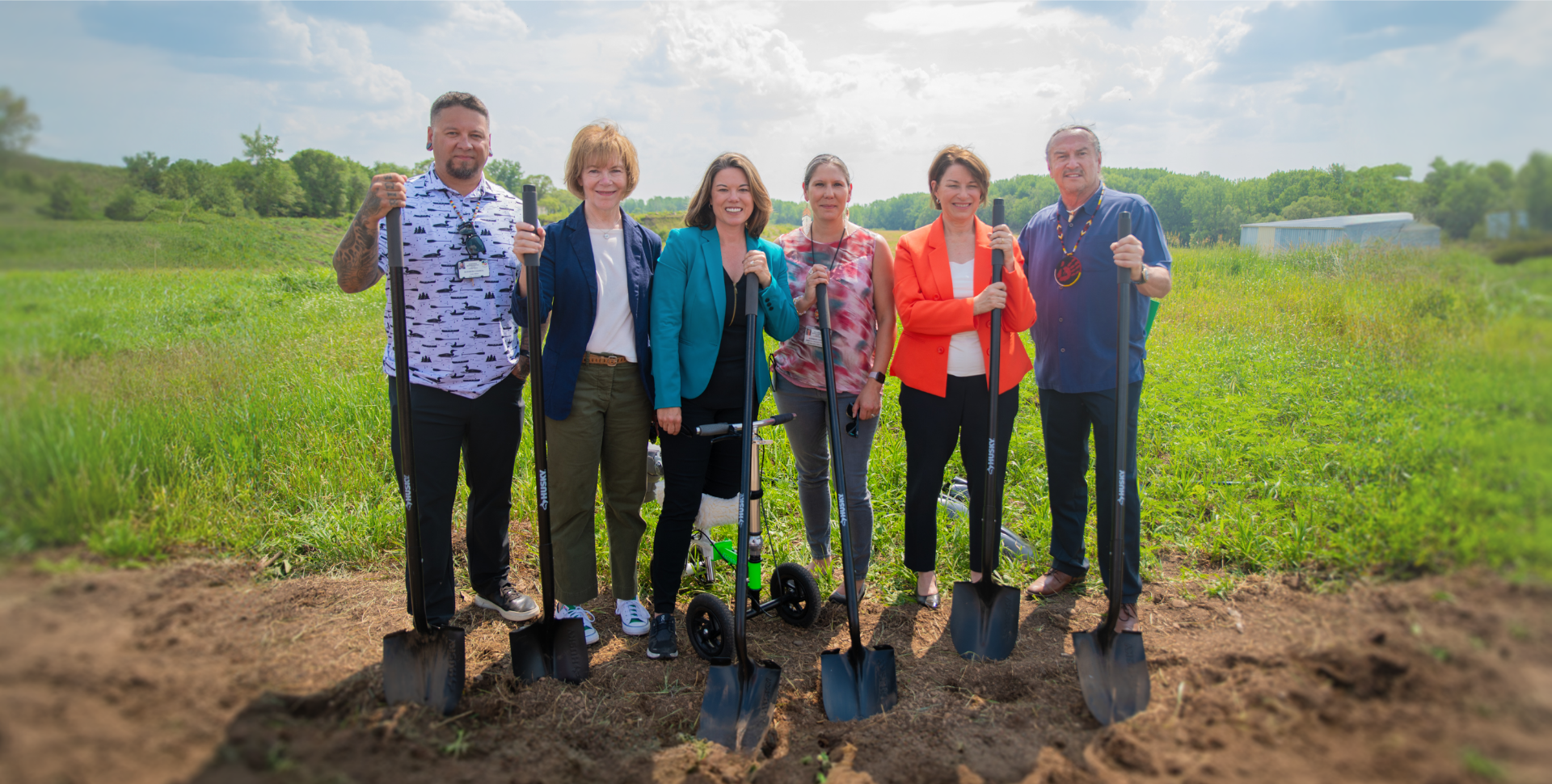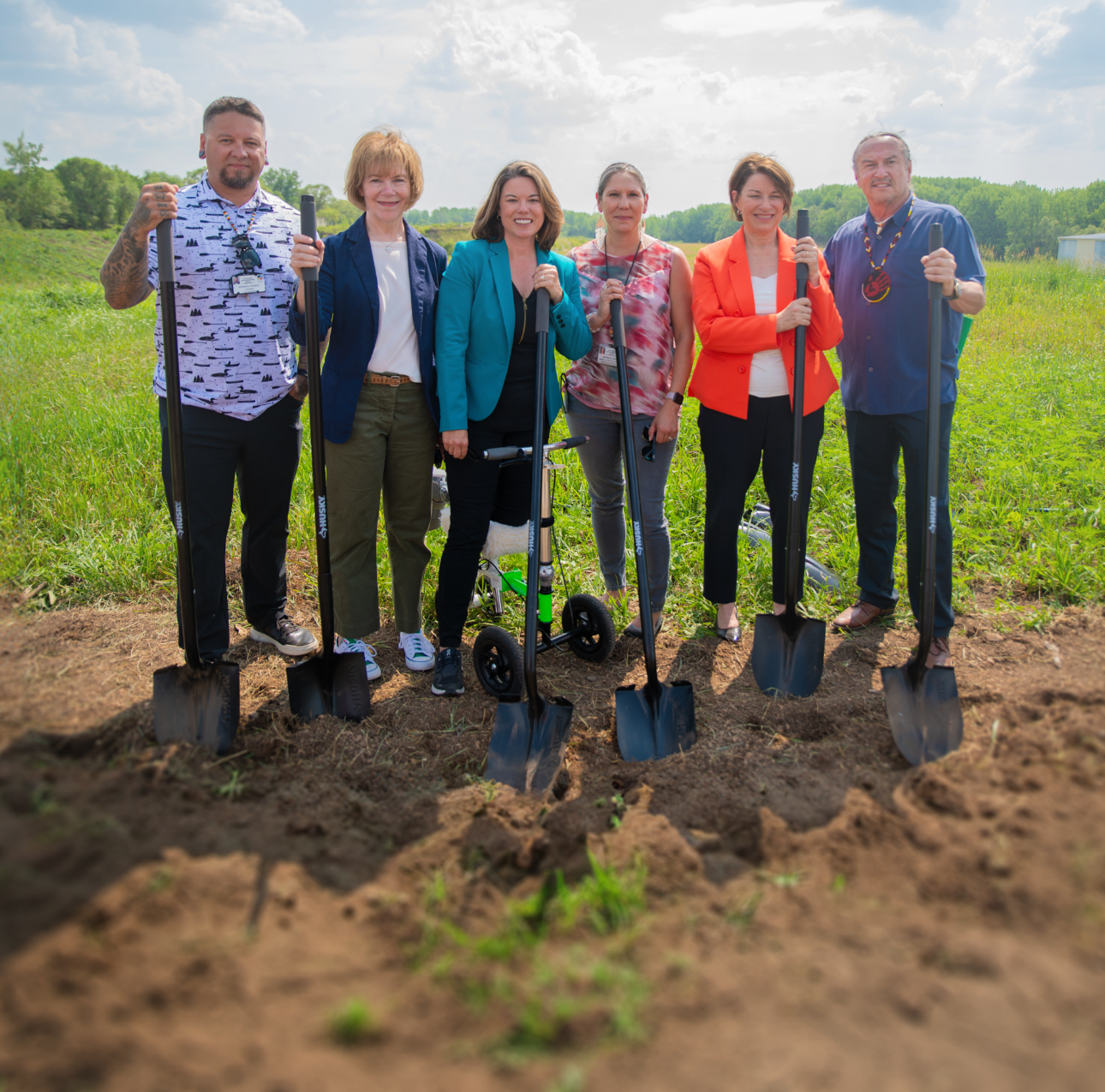At Dakota Prairie Composting, we know the work we’re doing has many important benefits. It’s why we do what we do. Composting plays a significant role in waste management, soil enhancement, and the reduction of greenhouse gas emissions. Beyond the environmental impacts, composting also benefits the economy and our communities.



Environmental
Composting organic waste significantly reduces the volume of waste sent to landfills. Organic waste significantly reduces the volume of waste sent to landfills.


Economic
Composting organic waste significantly reduces the volume of waste sent to landfills. Organic waste significantly reduces the volume of waste sent to landfills.


Community
Composting organic waste significantly reduces the volume of waste sent to landfills. Organic waste significantly reduces the volume of waste sent to landfills.




